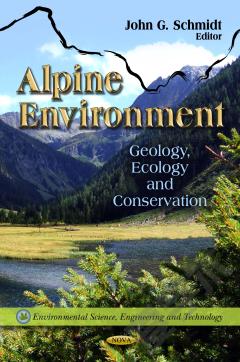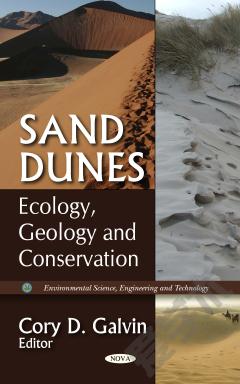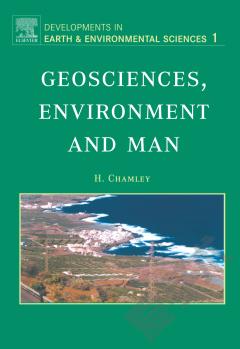Mountains: Geology, Topography and Environmental Concerns
Mountain areas constitute exceptionally rich environments characterized by an extremely high biodiversity, high geomorphological dynamics, peculiar climatic environments and an important reserve of natural resources (hydrological, geological…). But these areas are also characterized by specific cultural aspects and varied forms of territory exploitation and occupation. The highest mountain areas were once considered repulsive areas, until they began to attract scientists (mainly geographers) in the 19th and 20th centuries. The gradual occupation of these areas with different economical activities during this period started to slow down between the 1960’s – 1980’s, when mountains suffered a gradual abandonment. In the 1990’s, a movement of appropriation over these mountain spaces occurred, promoted mainly by urban societies, in search of new spaces for sport, leisure and tourism. This modification of uses, a key process for revitalization of economically depressed areas, posed some issues, however, in terms of the preservation and management of environmental resources. Although mountain areas are important to local and regional societies, they play a crucial role in the global economy and the environment. They are a source of energy, water, food and other natural resources for both local and distant populations. Therefore, the protection and preservation of mountains is an issue that belongs to all mankind and forces the development of a globally sustainable strategy. The present book intends to outline different perspectives regarding the geology, topography and environmental issues of mountains, including 13 valuable contributions that reflect its title.
{{comment.content}}








 京公网安备 11010802027623号
京公网安备 11010802027623号